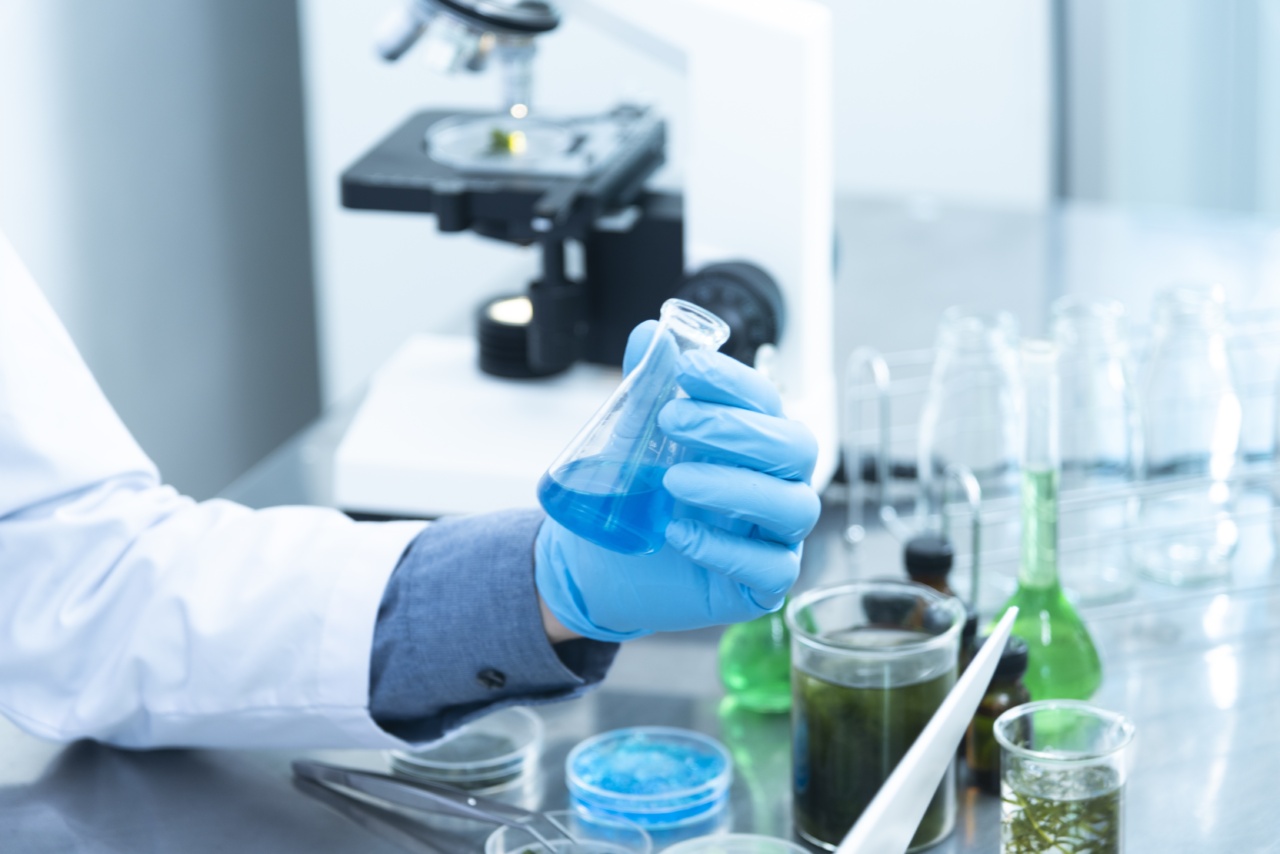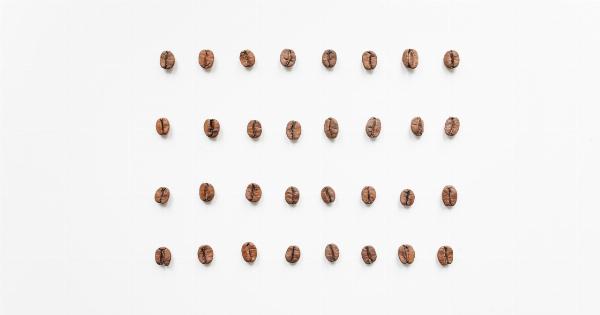The liver is one of the most vital organs in your body. It performs important functions like producing bile, breaking down fat, and helping the body filter out toxins.
However, many people don’t realize the importance of taking care of their liver until they start experiencing liver-related health issues.
One way to ensure that your liver is functioning properly is to get regular check-ups and tests done. Here are some of the ways you can test the functionality of your liver:.
1. Liver Function Tests
Liver function tests are tests that are performed to check the levels of certain enzymes and proteins in your blood. These enzymes and proteins are produced by the liver and are crucial for its proper function.
Elevated levels of these enzymes can indicate liver damage or disease.
The two most commonly tested enzymes in liver function tests are alanine transaminase (ALT) and aspartate aminotransferase (AST). Elevated levels of these enzymes can indicate liver injury.
Albumin, total bilirubin, and prothrombin time (PT) are other tests that can help diagnose liver disease.
2. Ultrasound
An ultrasound is a noninvasive test that can provide detailed images of your liver and other organs in the abdominal area. An ultrasound can help in diagnosing many kinds of liver disease, like fatty liver, cirrhosis, and tumors.
It is a painless procedure and does not expose you to any radiation. An ultrasound can also help detect any signs of liver damage caused by alcohol abuse or other toxins.
3. Computed Tomography (CT) scan
A CT scan is a non-invasive procedure that can provide detailed images of your liver, including its size, shape, and texture. A CT scan can help detect liver cancer, tumors, and other abnormalities that may not have been visible on an ultrasound.
It is important to keep in mind that a CT scan involves exposure to low levels of radiation.
4. Magnetic Resonance Imaging (MRI) Scan
An MRI scan is a noninvasive and painless test that uses radio waves and a strong magnetic field to provide detailed images of the liver. It can detect liver abnormalities and diseases like cirrhosis, tumors, and fatty liver.
It is a safe test and does not use radiation. However, individuals with certain medical conditions like pacemakers or metal implants may not be eligible for an MRI scan.
5. Biopsy
A liver biopsy is an invasive procedure where a small sample of liver tissue is removed using a needle. The tissue sample is then examined under a microscope to determine any signs of liver damage or disease.
A biopsy is usually recommended when other tests like liver function tests, ultrasound, or MRI scans do not provide enough information for an accurate diagnosis. It can help diagnose liver diseases like hepatitis, cirrhosis, and cancer.
6. FibroScan
A FibroScan is a noninvasive test that uses ultrasound technology to measure the stiffness of the liver. The test helps to determine if the liver is healthy or if there is any scarring present.
It is commonly used to assess liver damage caused by excessive alcohol intake or fatty liver.
However, it is important to note that FibroScan is not able to distinguish between different types of liver disease and may not be as precise as a liver biopsy in making an accurate diagnosis.
7. Physical Exam
A physical examination can help detect any signs of liver problems like a swollen liver or jaundice. It also helps identify any symptoms like fatigue, loss of appetite, or weight loss that may be indicative of liver damage or disease.
8. Self-Assessment
You can also assess the health of your liver by making certain lifestyle changes. Limiting your alcohol intake, avoiding fatty and processed foods, and maintaining a healthy weight can all help keep your liver healthy.
Additionally, regular exercise can help improve liver function and reduce the risk of liver diseases. If you smoke, quitting smoking can also help reduce your risk of liver damage.
9. Other Tests
In addition to the tests mentioned above, there are other tests that can help diagnose liver disease. These include:.
- Hepatitis B and C tests
- Alpha-fetoprotein test
- Bilirubin test
- Gamma-glutamyl transferase (GGT) test
- Liver elastography
It is always advisable to consult your doctor about which liver function testing methods may be best for you based on your medical history and current health status.
Conclusion
The liver is a vital organ that performs many crucial functions in the body. Regular liver function testing helps detect any issues with liver function and enables timely intervention, contributing to better long-term health outcomes.
Speak to your healthcare provider if you have concerns about your liver health or if you’re experiencing symptoms like abdominal pain, nausea, and fatigue.































